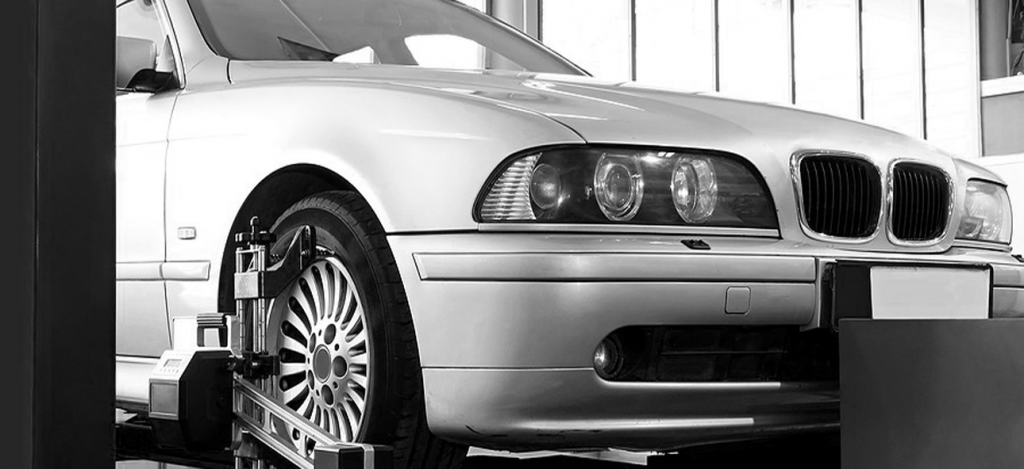BMW
Your BMW counts among the best, and most highly engineered mass-produced cars in the world, but like any highly engineered product, your BMW requires some special care and attention to keep it a good state of repair. Some climates, like the hot, humid conditions in Miami, FL, for instance, places added stresses and strains on any car, and your BMW is not immune to the ravages of severe climates.
However, BMW repair procedures are for the most part not more complex than those of other, lesser, vehicles but there are some issues that can affect a BMW in ways that are peculiar to the brand. Below are some of these issues that require more regular inspection and service than on most other vehicles.
Vacuum leaks
While all cars are susceptible to vacuum leaks, the engine in your BMW requires a very specific vacuum to work efficiently, and even relatively minor vacuum leaks that would not affect other brands much, can have dramatically negative effects on the drivability of a BMW. Hot, humid, climates like that of Miami seriously affects the longevity of vacuum lines and hoses, which makes a regular inspection of the vacuum system a compulsory maintenance item on any BMW.
Of course, most vacuum issues will trigger a warning light, but the bad news is that a code reader will not pinpoint the source of the leak. On older BMW models, the neoprene seal in the oil filler cap is often the source of a vacuum leak, so make a point of replacing the oil filler cap at least once every two years to avoid drivability issues.
Mass Airflow Sensor failures
Some BMW engines, especially those fitted with turbochargers use a lot more oil than other, comparable engines, which has serious negative effects on the MAF sensor. The excess oil in the inlet tract coats the heated element of the sensor, which means that it cannot provide the PCM (Powertrain Control Module) with the accurate information about the flow, temperature, and even the moisture content of the air that enters the engine.
The PCM requires this information to make continual adjustments to the ignition timing, valve timing, and fuel injection to keep the engine working at peak efficiency. Symptoms of a non-functional MAF sensor include increased fuel consumption; rough running/idling, poor acceleration, power loss, and other drivability issues.
Many, if not all of these problems can be avoided by cleaning the MAF sensor element with an approved solvent every few thousand miles. However, repeated cleaning will eventually damage the element, which is why BMW classifies the MAF sensor as a consumable, or service item that must be replaced at set intervals.
Service Interval Indicator lights
If you are new to the BMW brand, you may have wondered why the SII lights have come on long before the generally accepted oil change interval has arrived- even for synthetic oil. You don’t have to panic when this happens; BMW, along with a few other brands use a system based on actual usage and engine temperature to calculate the remaining useful life of the engine oil.
If you do a lot of short trips that do not allow the engine to reach full operating temperature, the algorithm used by the system factors in the fact that oil in a cold engine works much harder than oil in a hot engine does. Therefore, if you do one short trip of a mile, the system might calculate that you had done say, three or four miles, and over time, these “exaggerated” mileages add up to either 7 500 estimated miles (Oil service), or 15 000 (Inspection) estimated miles, at which point the oil must be replaced.
In practice, the system could tell you replace the oil when you had completed only say, 80% of the interval recommended for other car brands. This is to ensure that the oil in your BMW is not overly degraded by heat, oxidation, and the presence of moisture, thereby always keeping the engine properly lubricated.
Do NOT ignore the SII lights, even if you know you had not completed 6 000 miles, which is the recommended oil change interval for most other cars. The system that calculates the remaining useful life of the oil in your BMW uses sophisticated algorithms based on advanced knowledge of lubrication technology , so if it tells you to change the oil, change it to prevent damage to your engine- and the accompanying huge repair bills.

